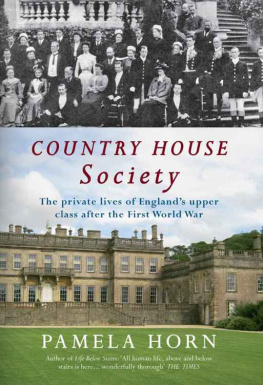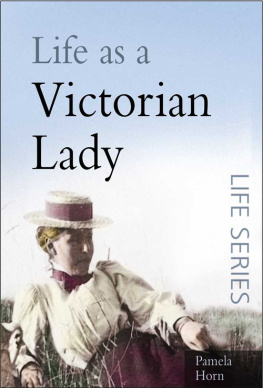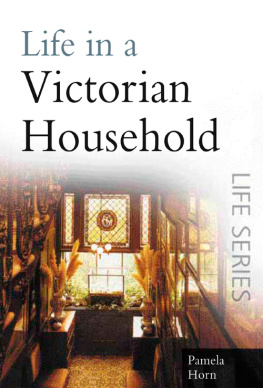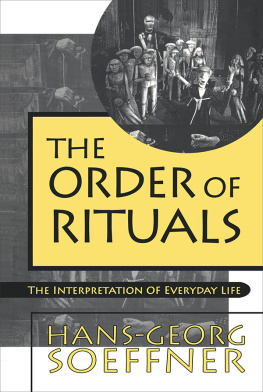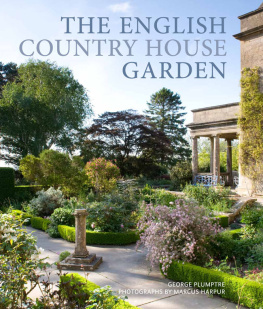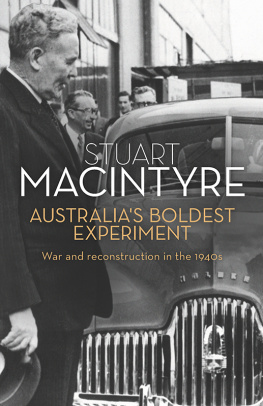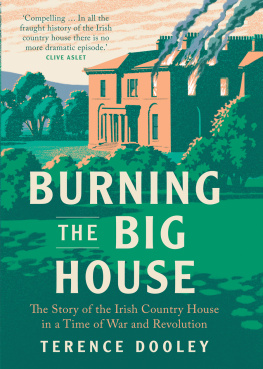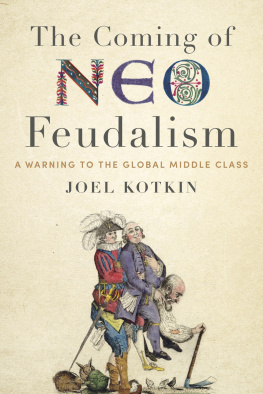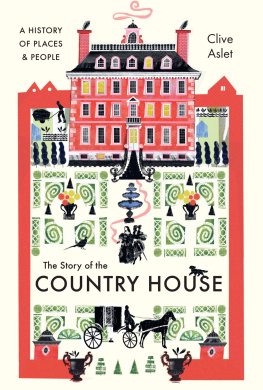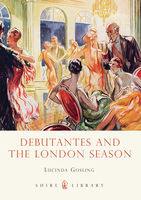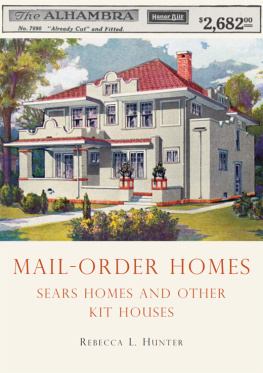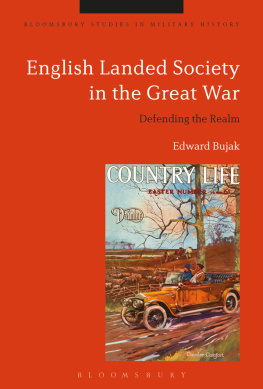| Country House Society: The Private Lives of England's Upper Class After the First World War |
| Horn, Pamela |
| Amberley Publishing (2013) |
|
| Tags: | History, Aristocrats, England, 1920's, 1930's |
When the cataclysm of the First World War impacted on British society, it particularly affected the landed classes, with their long military tradition. Country houses, as in a variety of popular TV dramas, were turned into military hospitals and convalescent homes, while many of the menfolk were killed or badly injured in the hostilities.
When the war ended efforts were made to return to the prewar world. Pleasure seeking in nightclubs, sporting events and country-house weekends became the order of the day. Many of the old former rituals such as presentation at Court for debutantes and royal garden parties were revived. Yet, overshadowing all were the economic pressures of the decade as increased taxation, death duties and declining farm rentals reduced landed incomes. Some owners sold their mansions or some land to newly enriched businessmen who had prospered as a result of the war. Others turned to city directorships to make ends meet or, in the case of the women, ran dress shops and other small businesses.
The 1920s proved a decade of flux for High Society, with the lighthearted dances, treasure hunts and sexual permissiveness of the Bright Young People contrasting with the financial anxieties and problems faced by their parents generation. Pamela Horn draws on the letters and diaries of iconic figures of the period, such as Nancy Mitford and Barbara Cartland, to give an insight into this new postwar era.


This electronic edition published 2013
Amberley Publishing
The Hill, Stroud, Gloucestershire
GL5 4EP
www.amberley-books.com
Copyright The Estate of Pamela Horn 209, 2013
ISBN 9781445603186 (PRINT)
ISBN 9781445635385 (e-BOOK)
All rights reserved. No part of this book may be reprinted or reproduced or utilised in any form or by any electronic, mechanical or other means, now known or hereafter invented, including photocopying and recording, or in any information storage or retrieval system, without the permission in writing from the Publishers.
British Library Cataloguing in Publication Data.
A catalogue record for this book is available from the British Library.
CONTENTS
Foreword and Acknowledgements
In recent years television period dramas have depicted the ups and downs of life in an imaginary aristocratic household before and after the First World War. Country House Society seeks to examine the realities of the daily round and the joys and sorrows experienced by families who were actually living through the often turbulent years between 1914 and 1930. In collecting material for the book I must thank the staff in the libraries and archives where I have worked for their expert help and ready co-operation.
In particular, my thanks are due to staff at the Bodleian Library, Oxford, and especially to those in Special Collections; the British Library; the British Library Newspaper Library at Colindale; the Liddell Hart Centre for Military Archives, Kings College Archives, London; Market Harborough Museum, Leicestershire; the Museum of English Rural Life, University of Reading, whose members of staff have so readily provided material from the Astor collection; the Rhodes House Library, Oxford; Shugborough Hall Oral History Transcripts, Staffordshire County Council; St. Barbe Museum and Art Gallery, Lymington, and especially Sarah Newman; and the Wiltshire and Swindon History Centre, Chippenham.
Pamela Horn, August 2012.
1
The Impact of War: 19141918
The First World War brought grievous sacrifices to the whole nation, and it perhaps brought greater losses to the landed families, with their long military traditions, than to any other class. It would be impossible to measure how much the quality and vitality of landed society in the post-war years suffered from the absence of the sons killed in France, or from the natural hedonism of the survivors of the holocaust.
F. M. L. Thompson, English Landed Society in the Nineteenth Century (London, 1963), p. 327.
The Pre-War World
In the early weeks of the summer of 1914, when temperatures soared to 90 degrees Fahrenheit, there were few indications that Britain was about to be engulfed in a devastating war, which would lead to the deaths of almost three-quarters of a million Britons.
In political and social circles, however, in the late spring of 1914 it was the threat of civil war in Ireland over the issue of Home Rule, and labour unrest on the mainland, including the possibility of a general strike, that were the prime causes of concern. Little attention was paid to the assassination by a Serbian nationalist of the Archduke Franz Ferdinand, heir to the Austrian imperial throne, and his wife in Sarajevo on 26 June. Conflicts in the turbulent Balkans appeared to offer little immediate threat to Britain itself.
Meanwhile, for members of High Society the London social season was following its traditional course. There were the usual presentations at Court of debutantes, the regular round of dinner parties, balls, visits to the theatre and opera, and attendance at important sporting events, as well as a multitude of Saturday to Monday house parties. For the widowed Lady Airlie, one of Queen Marys ladies-in-waiting, the 1914 Season proved particularly strenuous since not only had she to chaperone her youngest daughter, Mabell, to balls almost every night but she had to carry out the duties of Mistress of the Robes to the queen at the Courts, to replace the Duchess of Devonshire, who was ill.
More daring girls, like Lady Diana Manners, the beautiful daughter of the Duke and Duchess of Rutland and the centre of a group of friends calling themselves the Corrupt Coterie, flouted these restrictions when they could. After a visit to Venice in 1913, Lady Diana recalled the carefree gaiety she had enjoyed: dancing and extravagance and lashings of wine, and charades and moonlit balconies and kisses.
Nancy Cunard, the rebellious eighteen-year-old daughter of Sir Bache and Lady Cunard, was another girl determined to go her own way as far as possible. In part her feelings of alienation arose from her dislike of her mother, whom she referred to mockingly as Her Ladyship, and from her resentment at Lady Cunards life as a prominent society hostess and devoted admirer of the leading conductor, Thomas Beecham. Maud Cunard was estranged from Sir Bache, and on one occasion when Nancy and Lady Diana Manners were discussing maternal attitudes and restrictions, Nancy declared defiantly: My mothers having an affair with Thomas Beecham; I can do as I like. She was presented at Court in 1914, wearing a pink dress with a train of tulle and rose petals, and with the obligatory display of ostrich feathers on her head. It was a London Season she little enjoyed and it was to be her
first and last, I swore to myself, as one ball succeeded another until there were three or four a week and the faces of the revolving guardsmen seemed as silly as their vapid conversation among the hydrangeas at supper.
More to her liking were the clandestine excursions undertaken with her friend, Iris Tree, who was a year her junior. As Iris remembered years later, she and Nancy would visit the Eiffel Tower restaurant, kept by Austrian-born Rudolf Stulik. It was a popular venue for artistic and literary figures, as well as for members of the Bohemian avant garde and the fashionable elite. According to Iris, the two girls also patronised other fugitive haunts, unbeknown to their parents:

